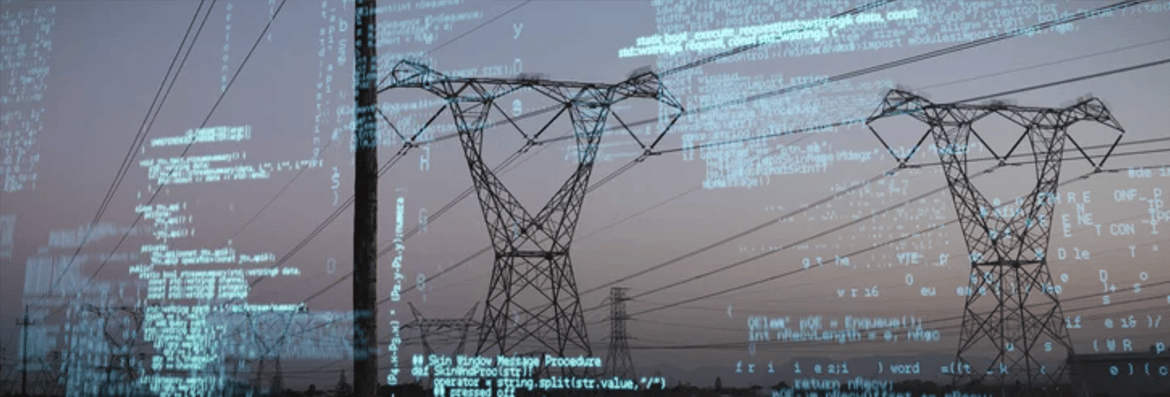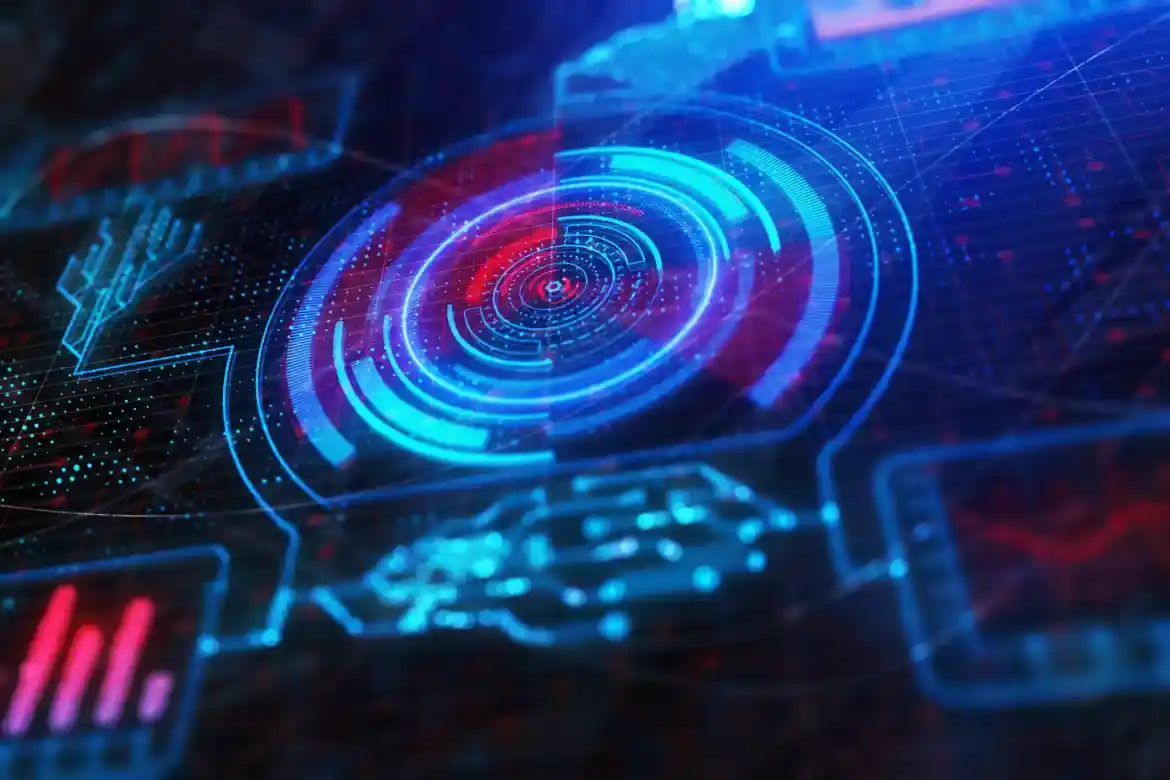Energy Sector & Security: Why Energy Suppliers Need Good Cybersecurity
Date: 28 August 2023

Cybercriminals and hackers are always on the lookout to exploit businesses' infrastructure and security vulnerabilities contributing to the energy industry's many challenges. A recent IBM Security Report indicated that the UK's energy sector was the target of 24% of all observed cyber attacks. The national utility grids are so fragile that everything could fall apart anytime, and cyber threats to systems and infrastructure could be disastrous.
These cyber threats can seriously disrupt energy production, distribution and supply chains. The National Cyber Security Center (NCSC) has advised energy suppliers to invest in good cyber security solutions proactively instead of waiting for cyber attacks before taking action. As the costs of cyber attacks could fall on consumers down the line, this article explores the cyber threats facing the energy industry and why energy suppliers need the best cyber hygiene.
The Importance of Cybersecurity in the Energy Sector
The critical nature of the energy industry's infrastructure, including the power grids, pipelines and other power systems, makes cybersecurity extremely vital to the industry. A cyber attack can seriously damage these systems, causing long-term power outages, data breaches and ransomware attacks, supply chain vulnerabilities, and environmental hazards.
For this reason, business energy suppliers have begun implementing cybersecurity measures in light of the increasing digitisation of business processes. Cybersecurity strategies encompass both reactive approaches and proactive approahes.
To prevent access to systems, measures such as firewalls, intrusion detection systems and stricter security measures are implemented. Additionally, it is essential to identify and mitigate cyber threats that can compromise the integrity of systems as a part of the cyber incident response process.
Top Cyber Threats for the Energy Sector
Cyber attacks have long been focused on the energy sector. The industry must remain vigilant and leverage the available technology advances to spot and stop hacking attempts of the following cyber threats.
-
Ransomware Attacks
Ransomware attacks present a serious threat to the energy sector. A ransomware attack can disrupt an energy organisation's operations, and resolving the issue may be expensive. A ransomware attack on the systems of an energy supplier could have disastrous effects on every sector and home. A lack of an incident response plan could harm the organisation's reputation.
An example of a recent ransomware attack resulted in a $4.4 million payment to an unidentified group known as the DarkSide. This attack led to the temporary shutdown of the Colonial Pipeline system in the US. The fallout not only led to direct expenses from the attack, it also caused gasoline shortages and panic among the general public.
To respond to a ransomware attack effectively, energy suppliers and producers must have a well-defined ransomware response strategy. This strategy should include steps to identify the affected systems, control the attack's spread, and repair any harm that has been done.
-
Supply Chain Attacks
A supply chain attack is when hackers access a company's network through a vendor or supplier from a different organisation. Using viruses or malicious software gives them access to private data like customer details and payment information. The complexity of data breaches in supply chains makes it difficult to follow the attack.
A supply chain attack that served as a wake-up call to governmental organisations and the global energy industry was the SolarWinds supply chain attack in 2021. SolarWinds experienced a security breach where unauthorised individuals accessed their network and exploited the Orion software, using it to enter private systems globally. As a result of this attack, companies in the United States and the United Kingdom faced setbacks with annual revenue losses of 14% and 8%, respectively.
As part of the risk management strategy, energy companies must prioritise managing supply chain risk. You can ensure that your company's cyber security infrastructure is thoroughly analysed and any problems are addressed when investing in stricter third-party cyber security measures.
-
IAM Inefficiencies
Controlling access to sensitive information and systems is the responsibility of identity and access management (IAM), a crucial security function. Although it protects systems from malicious activity, hackers can launch more sophisticated attacks thanks to technological advancements. Unfortunately, many businesses leave themselves open to catastrophic breaches by failing to quickly identify and fix system flaws.
In Ukraine, power grids were the target of malware attacks in 2015 and 2016. In addition to simply turning off the power, the hackers also tried to take down the computers that manage the grid. This would have made it more difficult to restore power quickly. As a result, there were significant power outages that had a direct impact on human life.
The incident illustrated the possible results of critical infrastructure lacking adequate IAM. It emphasised the significance of implementing strong security measures to safeguard critical systems.
-
Device Phishing
Employees in the energy sector were the target of a 161% rise in mobile phishing attacks in 2020 and 2021. Although vulnerable and outdated technology affects all industries, the energy sector is the most at risk.
These attacks on energy sector employees are conducted to breach corporate security, steal confidential information, and demand money. To avoid a cyber attack of this nature, energy companies should educate workers about the risks and how to recognise phishing emails and text messages to combat mobile device phishing attacks. Implementing security measures like mobile device management is another way to manage mobile device usage.
Final Thoughts
Cyber attacks pose a grave threat to every industry, but particularly to critical infrastructure orgaisations such as those that operate in the Energy sector. Energy suppliers and providers should take precautions to recognise and manage potential cyber threats to prevent the disastrous negative effects of a cyber attack. Their security and business operations can remain protected to a vast degree with good cybersecurity practices, ensuring better business continuity and minimal loss to reputation.






